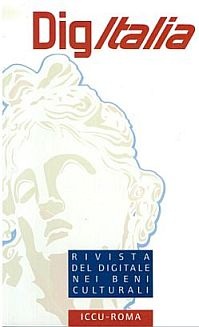Biscari Epistolography. From Archive to the Website.
DOI:
https://doi.org/10.36181/digitalia-00090Keywords:
Transkribus, Flipbook, LLM, GPT-3.5, Handwritten Text RecognitionAbstract
The digital turn has created an interrelated ecosystem between humans and machines capable of generating data and knowledge. This paradigm shift necessitates new archival approaches, as demonstrated during the digitization project of the “Corrispondenza” section of the Biscari Archive. This project showcased how, by leveraging artificial intelligence tools such as Transkribus and ChatGPT, the digitization process can effectively address the challenges associated with encoding archival materials. The digital edition and virtualization of document consultation on the Biscari epistolography website (https://biscariepistolography.altervista.org) have been specifically designed to facilitate the exploration of historical documents through the web. Moreover, recognizing that digital dissemination aims to preserve cultural heritage and enable access to scientifically relevant data for future generations of scholars.
Downloads
Downloads
Published
How to Cite
Issue
Section
License
Copyright (c) 2023 Salvatore Spina

This work is licensed under a Creative Commons Attribution-ShareAlike 3.0 Unported License.
The Authors publishing their contributions on this journal agree to the following conditions:
- The Authors detain intellectual property rights of their work and transfer the right of first publication of the work to the journal, under the following Licence: Attribution-ShareAlike 3.0 Italy (CC BY-SA 3.0 IT). This Licence allows third parties to share the work by attributing it to the Authors and clarifying that the work has been first published on this journal.
- Authors can sign other, non-exclusive licence agreements for the dissemination of the published word (e.g. to deposit it in an institutional archive or publish it in a monography), provided that they state that the work has been first published on this journal.
- Authors can disseminate their work online (e.g. in institutional repositories or on their personal websites) after its publication, to potentially enhance knowledge sharing, foster productive intellectual exchange and increase citations (see The Effect of Open Access).






